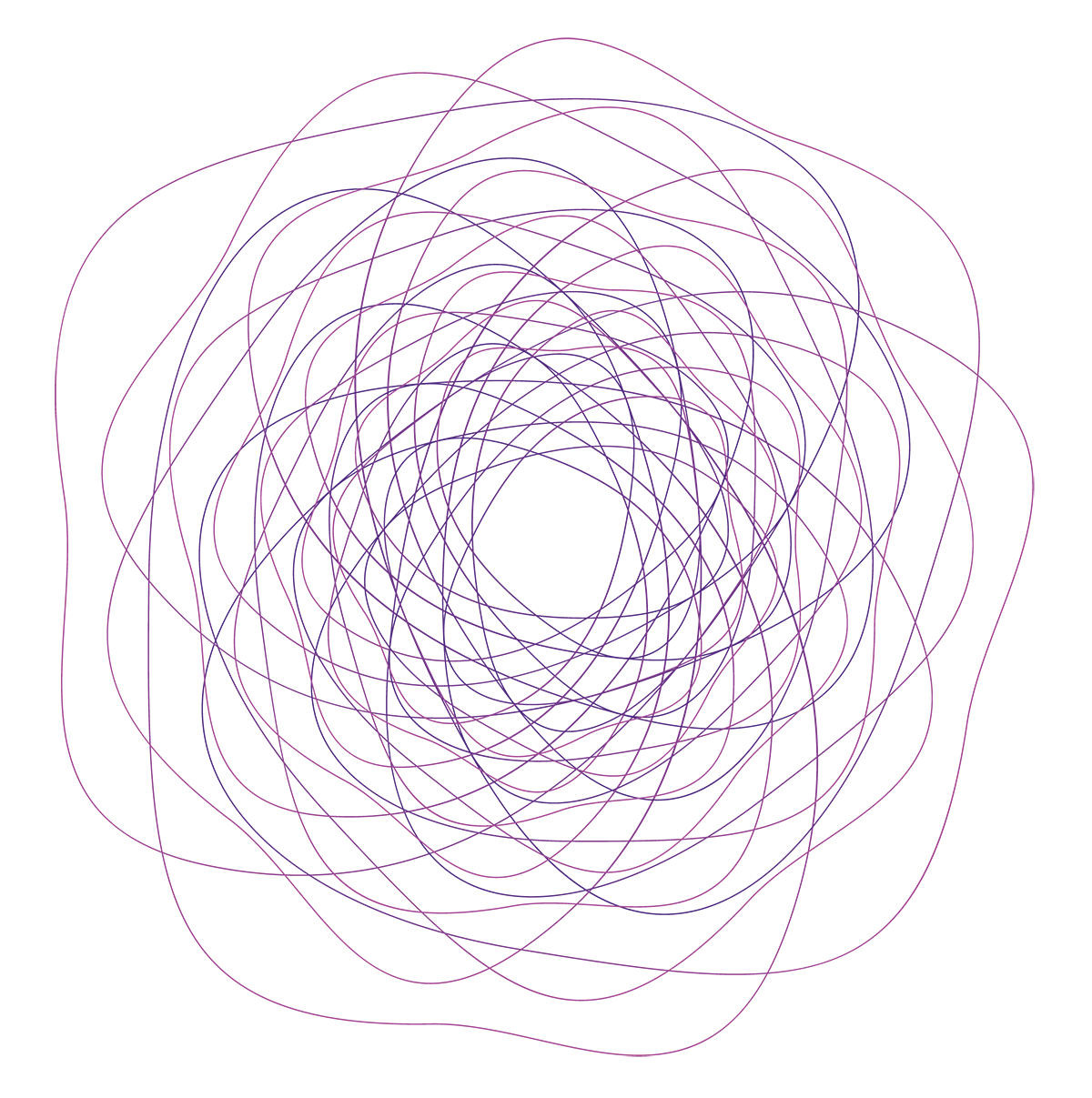By Shruti Ambavat
EDI. It’s everywhere these days – placed on company websites, mentioned in mission statements, even thrown around in casual conversation. But for People of Colour (POC) in the workplace, EDI isn’t just a trendy acronym. It’s the key that unlocks a door to a truly equitable and fulfilling work experience.
So, what does EDI look like from my (a Person of Colour) perspective?
- Feeling safe to be my authentic self at work, without fear of judgment or discrimination.
- Having a mentor who understands the unique challenges I face and can advocate for me.
- Seeing myself reflected in leadership positions, knowing that career progression is a real possibility.
- Being part of a team where my ideas are valued, and my voice is heard.
For people like me, EDI isn’t a destination, it’s a continuous journey. It’s about creating a workplace where everyone feels empowered to thrive. And when that happens, the benefits extend far beyond the individual. Diverse and inclusive teams are more creative, innovative, and successful.
What can organisations do to support Equality, Diversity and Inclusion at their workplace?
- Listen to your employees from different ethnicities. Conduct surveys, hold focus groups, and create a space for an open dialogue.
- Implement unconscious bias training for all levels of staff.
- Hold leadership accountable for creating an inclusive environment.
- Track progress and celebrate successes.
Building a truly equitable, diverse, and inclusive workplace takes effort. But for POC employees, the rewards are immeasurable. It’s about creating a space where we can finally excel, not just exist.
Despite the progress in this direction, there are several challenges to implement change.
- Unconscious bias: Even with EDI policies, unconscious bias can still exist. POC employees might feel passed over for opportunities or face microaggressions despite the policy.
- Limited social connections: A focus on diversity might not always translate to inclusion. Employees from minority ethnic groups might find it hard to build connections with colleagues from different backgrounds.
- Focus on language fluency: While language skills are important, an overemphasis on fluency could exclude otherwise qualified candidates for jobs.
What POC employees want to see in their workplace?
- Mentorship programs: Connecting with experienced colleagues can be invaluable for navigating workplace culture and career advancement.
- Celebration of diversity: EDI goes beyond just tolerance. Showcasing and celebrating the cultural richness people with different ethnicities bring can foster a more inclusive environment.
- Visible leadership commitment: Seeing leaders actively champion EDI creates trust and shows POC employees the policy is more than just words on paper.
For people of colour in the workplace, EDI isn’t just a set of buzzwords – it’s about feeling valued, respected, and having a chance to thrive.
To learn how Diversity Mark can support your organisation in its EDI journey, book a call today.





